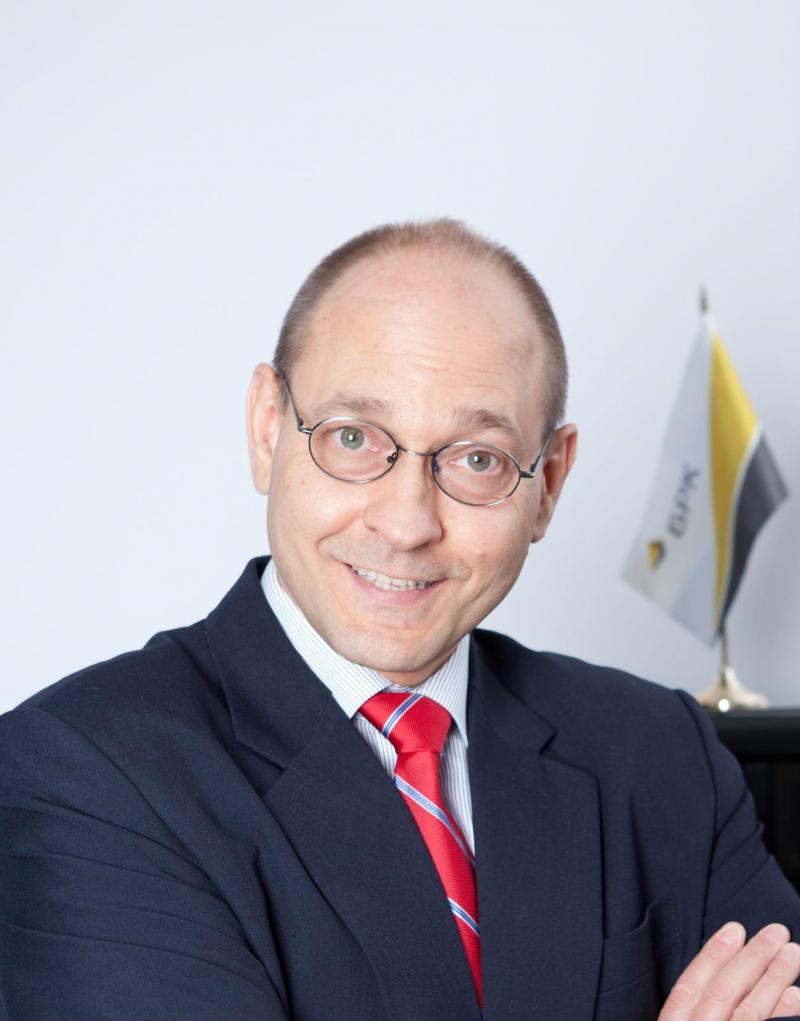ASTANA – The Astana International Financial Centre (AIFC) Academic Council, as one of the driving forces of the country’s economy, is actively developing human capital and attracting the best foreign experts. The council, which helps individuals to improve themselves and determine necessary qualifications and opportunities, aims to train 5,000 people in the next few years.
“Here in Astana I have three roles. The first one is as the chair of the AIFC Academic Council, where our mission is to focus on the development of the finance, legal, HR and [in the future] ICT (information and communications technology) and governance professionals for Kazakhstan and the region,” said Alexander Van de Putte. “Our ambition is to train 5,000 people over the next few years. The second activity or responsibility I have is that I am also the Chief Strategy Officer of the AIFC Governor`s Council and, thirdly, I am the CEO of the AIFC Green Finance Centre. That’s why we are focusing on green finance certification as well in partnership with the Banker Institute in the U.K.”
He outlined his background for the post.
“I am an engineer, but also an economist. I started my career with Price Waterhouse (PW) and then went to McKinsey in their corporate finance and strategy practice, then returned to PWC. Then, I was the head of corporate strategy and portfolio management at Shell. From there, I went to the World Economic Forum where I led the research, competitiveness, scenarios planning and global risks activities and this is how I actually became involved with Kazakhstan,” he noted.
“Also, I am a professor [of strategic foresight] at IE Business School in Madrid. However, I don’t want a full-time professorship, because I want one leg in business and the other one in academia. As a result, I can bring the real world into the classroom. Ideally, I want the students to bring what they have learned back into the real world. Increasingly, I focus on corporate governance and boards where I can leverage my experience to contribute to the long-term success of the company,” he said.
As council chair, Van de Putte sees his responsibility as focusing on people’s development. He coaches colleagues and gives them feedback.
“Feedback is not criticism. I think in general that in businesses we should adopt much more of a development policy that is based on continuous coaching and feedback. In such environments, we can be continuously involved as individuals and as professionals. That’s one of the aspects that I like to do, actually coaching people,” he said.
Helping people to determine their qualifications and the development opportunities they need is not to get the most out of them, but to get the best. That also means respecting people.
“So, it is not only about skills development, but also about trying to change the culture so that our colleagues can truly benefit from the professional development opportunities,” he said.
Van de Putte also focuses on sustainable economic development.
“We often deplete the nation’s natural capital with the objective to maximise financial capital. So, at the bureau we focus on both human capital and social capital development. Having obtained developed skills, people have more career opportunities and thus they can increase their income, invest in their future and focus on their productivity. So, all these things are important,” he said.

